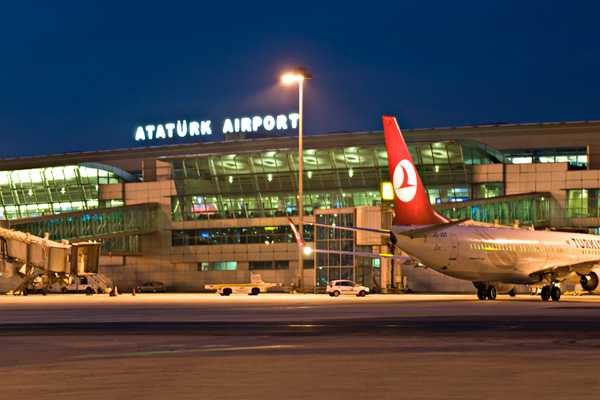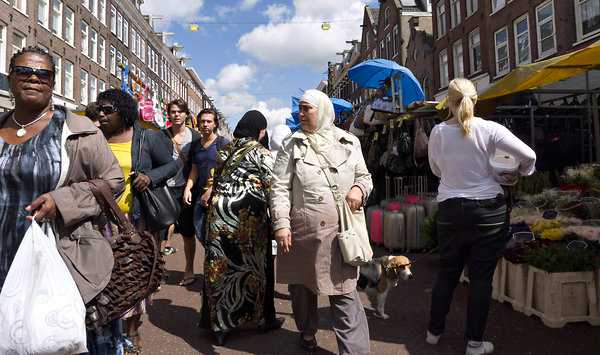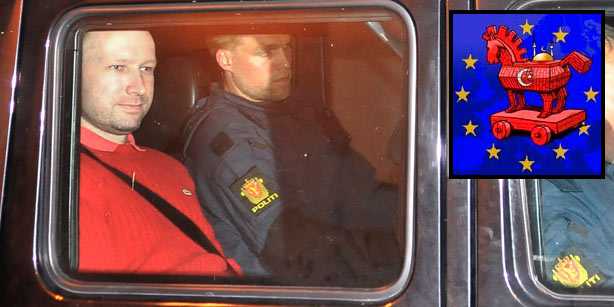 By Kate Kelland
By Kate Kelland
LONDON
(Reuters) – Europeans are plagued by mental and neurological illnesses, with almost 165 million people or 38 percent of the population suffering each year from a brain disorder such as depression, anxiety, insomnia or dementia, according to a large new study.
With only about a third of cases receiving the therapy or medication needed, mental illnesses cause a huge economic and social burden — measured in the hundreds of billions of euros — as sufferers become too unwell to work and personal relationships break down.
“Mental disorders have become Europe’s largest health challenge of the 21st century,” the study’s authors said.
At the same time, some big drug companies are backing away from investment in research on how the brain works and affects behavior, putting the onus on governments and health charities to stump up funding for neuroscience.
“The immense treatment gap … for mental disorders has to be closed,” said Hans Ulrich Wittchen, director of the institute of clinical psychology and psychotherapy at Germany’s Dresden University and the lead investigator on the European study.
“Those few receiving treatment do so with considerable delays of an average of several years and rarely with the appropriate, state-of-the-art therapies.”
Wittchen led a three-year study covering 30 European countries — the 27 European Union member states plus Switzerland, Iceland and Norway — and a population of 514 million people.
A direct comparison of the prevalence of mental illnesses in other parts of the world was not available because different studies adopt varying parameters.
Wittchen’s team looked at about 100 illnesses covering all major brain disorders from anxiety and depression to addiction to schizophrenia, as well as major neurological disorders including epilepsy, Parkinson’s and multiple sclerosis.
The results, published by the European College of Neuropsychopharmacology (ENCP) on Monday, show an “exceedingly high burden” of mental health disorders and brain illnesses, he told reporters at a briefing in London.
Mental illnesses are a major cause of death, disability, and economic burden worldwide and the World Health Organization predicts that by 2020, depression will be the second leading contributor to the global burden of disease across all ages.
Wittchen said that in Europe, that grim future had arrived early, with diseases of the brain already the single largest contributor to the EU’s burden of ill health.
The four most disabling conditions — measured in terms of disability-adjusted life years or DALYs, a standard measure used to compare the impact of various diseases — are depression, dementias such as Alzheimer’s disease and vascular dementia, alcohol dependence and stroke.
The last major European study of brain disorders, which was published in 2005 and covered a smaller population of about 301 million people, found 27 percent of the EU adult population was suffering from mental illnesses.
Although the 2005 study cannot be compared directly with the latest finding — the scope and population was different — it found the cost burden of these and neurological disorders amounted to about 386 billion euros ($555 billion) a year at that time. Wittchen’s team has yet to finalize the economic impact data from this latest work, but he said the costs would be “considerably more” than estimated in 2005.
The researchers said it was crucial for health policy makers to recognize the enormous burden and devise ways to identify potential patients early — possibly through screening — and make treating them quickly a high priority.
“Because mental disorders frequently start early in life, they have a strong malignant impact on later life,” Wittchen said. “Only early targeted treatment in the young will effectively prevent the risk of increasingly largely proportions of severely ill…patients in the future.”
David Nutt, a neuropsychopharmacology expert at Imperial College London who was not involved in this study, agreed.
“If you can get in early you may be able to change the trajectory of the illness so that it isn’t inevitable that people go into disability,” he said. “If we really want not to be left with this huge reservoir of mental and brain illness for the next few centuries, then we ought to be investing more now.”
(Reporting by Kate Kelland; Editing by Matthew Jones)
www.reuters.com, 4 Sep 2011






